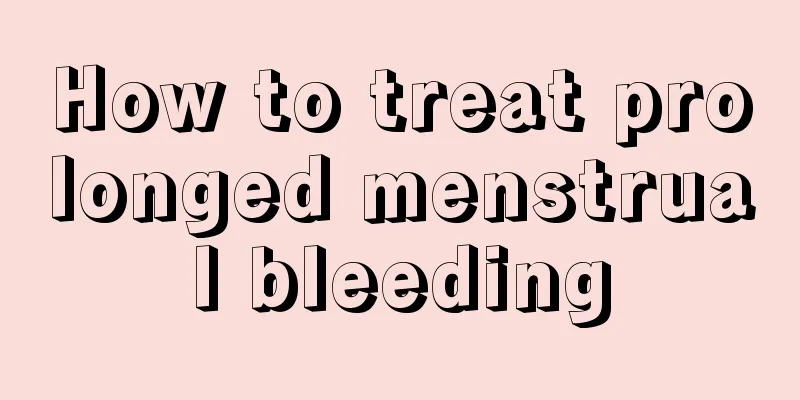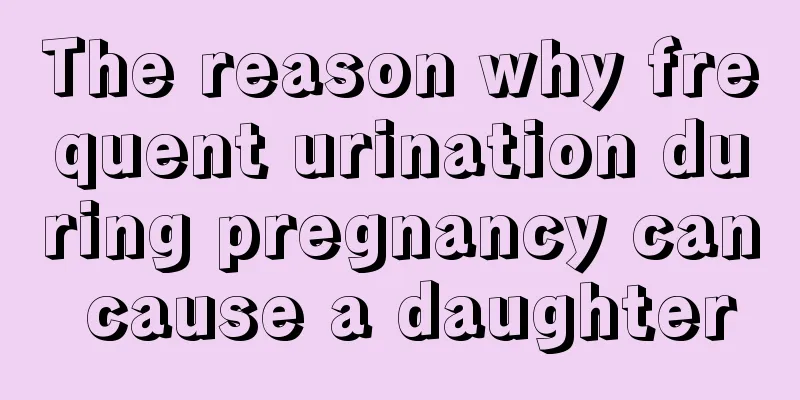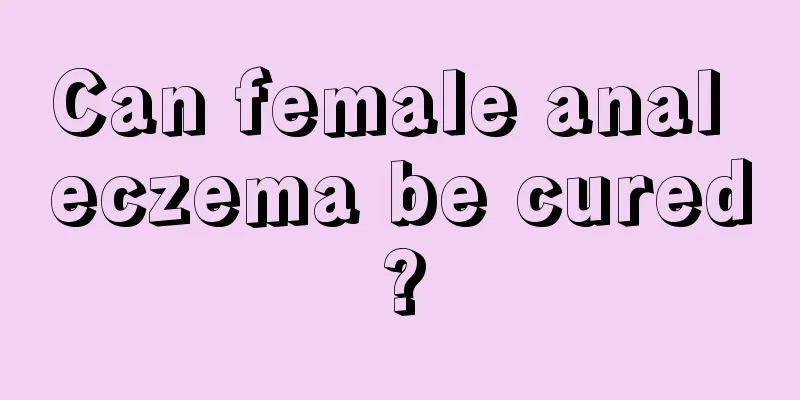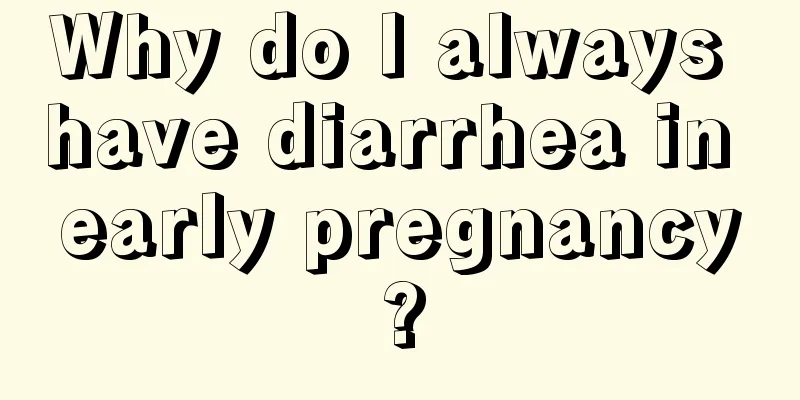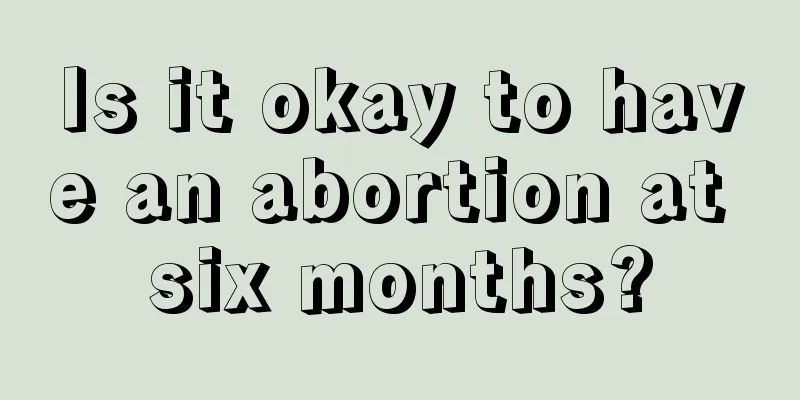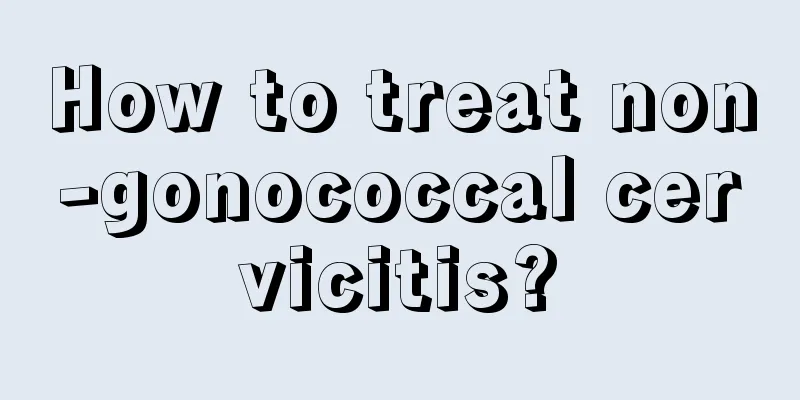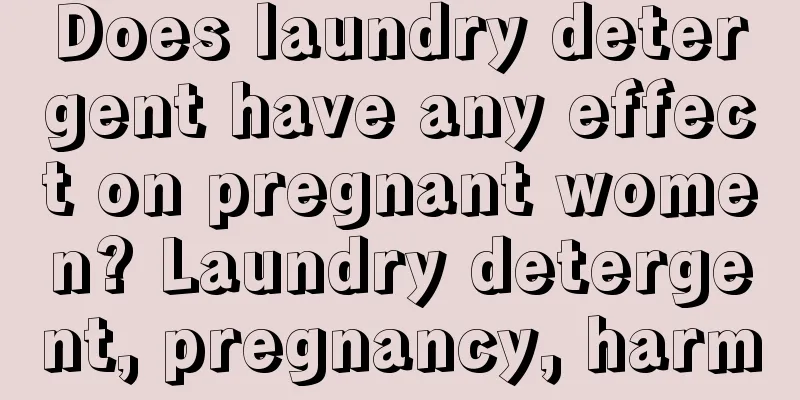Most cases of lumbar disc herniation do not require surgery. What medicine do you need to take?
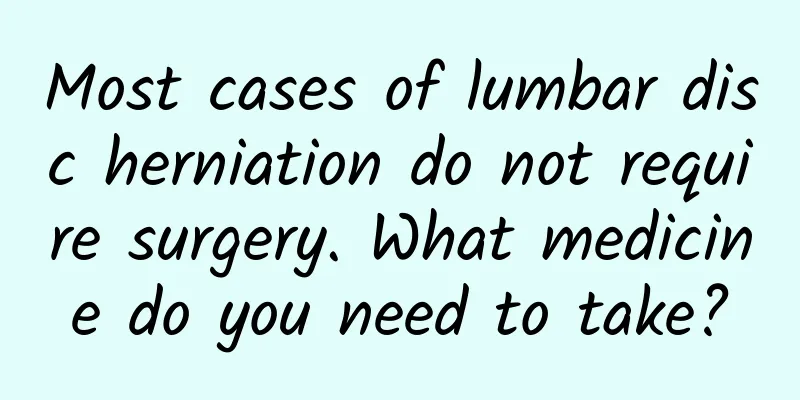
|
When it comes to lumbar disc herniation, many people seem to think that only surgery can "cure it". But in fact, the vast majority of patients with lumbar disc herniation can effectively reduce the stimulation of the protruding nucleus pulposus to the nerve roots, reduce the edema and inflammation of the nerve roots, thereby relieving the symptoms of low back and leg pain and achieving clinical cure through conservative treatment (non-surgical treatment). Only 10% to 20% of patients require surgical treatment. Q: So, which patients are suitable for non-surgical treatment? 1. For patients with first-time onset and a relatively short course of illness, non-surgical treatment is the first choice, and the effective rate can be as high as 80%. 2. Although the course of the disease is long, the symptoms of low back pain, leg pain and limb numbness are mild and have little impact on work and life. Non-surgical treatment can also be used first. 3. If you have mild symptoms of low back pain, go to the hospital for examination. Although the imaging examination shows obvious intervertebral disc herniation, there is no obvious low back and leg pain, and the symptoms and signs are inconsistent with the imaging manifestations, non-surgical treatment is used. 4. For patients with severe clinical low back and leg pain that significantly affects their life, but who cannot tolerate or are unwilling to undergo surgery due to systemic diseases or other reasons, non-surgical treatment can be used first. Non-surgical treatment is generally effective for more than 80% of patients with lumbar disc herniation. Measures include bed rest, traction therapy, lumbar and back physical therapy, traditional Chinese medicine, drug therapy, and appropriate lumbar and back muscle rehabilitation exercises. Among the many issues regarding conservative treatment, drug treatment is one that everyone is more concerned about. Today, Professor Lin Hong, chief physician of the Department of Orthopedics and Spine Surgery at Zhongshan Hospital Affiliated to Fudan University, will answer your confusion about "what drugs should be taken for lumbar disc herniation". Key Points Generally speaking, drugs for the treatment of lumbar disc herniation include the following four categories : 1. Anti-inflammatory analgesics: The pain symptoms caused by lumbar disc herniation are closely related to the inflammatory response of the nerves. The use of this type of drug can not only relieve pain, but also control the aseptic inflammation around the nerves. 2. Muscle relaxants: can relieve skeletal muscle spasms and improve blood circulation. They are suitable for primary non-surgical musculoskeletal chronic pain and chronic secondary musculoskeletal pain associated with neurological diseases. They can be used for the drug treatment of patients with acute and subacute low back pain. 3. Nerve nourishing drugs: They can not only nourish the nerves, but also reduce the abnormal discharge of damaged nerves, indirectly relieving pain. 4. Drugs to eliminate edema: They can relieve inflammatory edema of the nerve roots and eliminate pain. They have significant effects on dehydration, anti-inflammatory and analgesia in the acute stage of lumbar disc herniation, and are also a common treatment method for hospitalized patients in clinical practice. Drug treatment is only a part of the conservative treatment of lumbar disc herniation. Avoid such claims as specific medicines, folk remedies or secret recipes. Blindly believing in so-called folk remedies may delay treatment and aggravate the condition. You need to go to a regular hospital and have a professional doctor judge what specific medicine to take. We need to remind everyone that the end of relevant treatment is not all for patients with lumbar disc herniation. Long-term maintenance after treatment needs to follow you throughout your life. Changing bad living habits and strengthening the waist and back muscles are the only ways to achieve good therapeutic effects and live a healthy and happy life. |
>>: How are you feeling? Here are five ways to manage your emotions
Recommend
What should I do if I have cysts during pregnancy? It is important to find out the condition!
Nowadays, many young women do not do physical exa...
Do I need an internal examination for the 42-day postpartum checkup?
It has been 42 days since the birth of the child,...
How many times should I do ultrasound during pregnancy?
From the day of pregnancy, pregnant women are ful...
Why are my nipples itchy?
Many women sometimes experience nipple itching. I...
33 days of pregnancy, abortion or medical abortion
Pregnancy is a good thing for many people, but fo...
Moxibustion can promote follicle development
Nowadays, rehabilitation therapy has become more ...
Why do I feel breast pain when I get angry?
When parents help their children with their homew...
Color Therapy and Eye Health: Discover How Color Affects Vision
In this colorful world, colors not only decorate ...
Watch the Winter Olympics and talk about health | Yuzuru Hanyu, who challenges 4A, has been struggling with asthma
In the men's singles figure skating final of ...
What delicacies can be made with milk? How many calories are in pure milk?
Milk is a nutritious food, almost a complete nutr...
The benefits of lymphatic detoxification for women
Lymphatic detoxification is a project that many f...
What causes menopausal blood pressure to fluctuate?
Many female menopausal friends often experience u...
What is the normal hcg progesterone value for ectopic pregnancy?
When it comes to ectopic pregnancy, many people a...
How many months of pregnancy is it best to do Down syndrome screening
In daily life, many babies suffer from Down syndr...
Symptoms of mixed fungal and bacterial infections
In our lives, many women suffer from a gynecologi...

